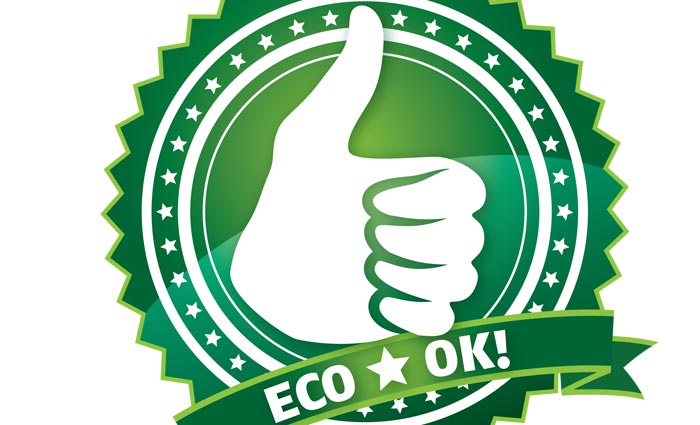
There is little doubt that private label environmental certifications have been a big growth area in the printing industry over the past 10 years. I even thought of starting one myself a little while ago (I have now spent the past eight years studying the politics of the environmental ‘industry’ so I should be a little qualified to get into it). There is a lot of money to be made. All you seem to need is a nice looking logo, a great story, good marketing, a cute animal suit and perhaps some threatening behaviour and the opportunities are endless.
Just about all green certifications follow the same model: market pressure and careful crafting of the media. The printing industry has been suckers for the green certifications opportunists. No other industry feels the need to collect so many labels and logos to justify their already strong green credentials.
I would suggest there are many other industries that should have been the focus long before printing. The simple truth is many print shop managers and owners have little idea about the certification they have or feel they need to aspire toward. I am yet to hear any printing firm explain how the particular forest certification they have just paid a lot of money to get has reduced ecological damage to the planet.
In an obscene hypothetical situation, a certification might only help win more business, which makes the owner more profit, so they buy a bigger car and cause more pollution. The point that is missed is that certifications do not close the loop on making society more sustainable. They just make certifiers very rich. Certification is a labelling business. True sustainability is about being and acting sustainable, not buying it or being forced into it without commitment.
Outside of print and paper, the closest thing we have in Australia is the power and water Star Rating systems water for household appliances such as fridges and washing machines. It’s a great system. But it is government-controlled, not a private label scheme where everyone in the supply chain has to pay for the right to use a logo.
I will believe in certification when I see other more polluting industries genuinely targeted in the same way printing has been. The petroleum industry is a clear example. I would like to see Greenpeace and WWF create a logo standard for petrol stations. As a driver, I’d like to know why I should buy Shell before BP or BP before Shell. Was the Mexico oil spill a worse environmental disaster than the Shell operations in Nigeria or the Shell tar-sands project in Alberta, Canada, which the BBC called the “most polluting industrial site in the world”.
Which car brand is better? Which television set? Which airline? Is Google greener than Yahoo? Do Coke’s environmental credentials beat Pepsi? KFC or McDonald’s? At the moment, I have to rely on my own research. But I know those industries are much, much larger than the global print sector and massively, massively – massively – more environmentally destructive.
Phillip Lawrence is a PhD scholar, consultant and speaker who specialises in print and the environment
Comment below to have your say on this story.
If you have a news story or tip-off, get in touch at editorial@sprinter.com.au.
Sign up to the Sprinter newsletter
